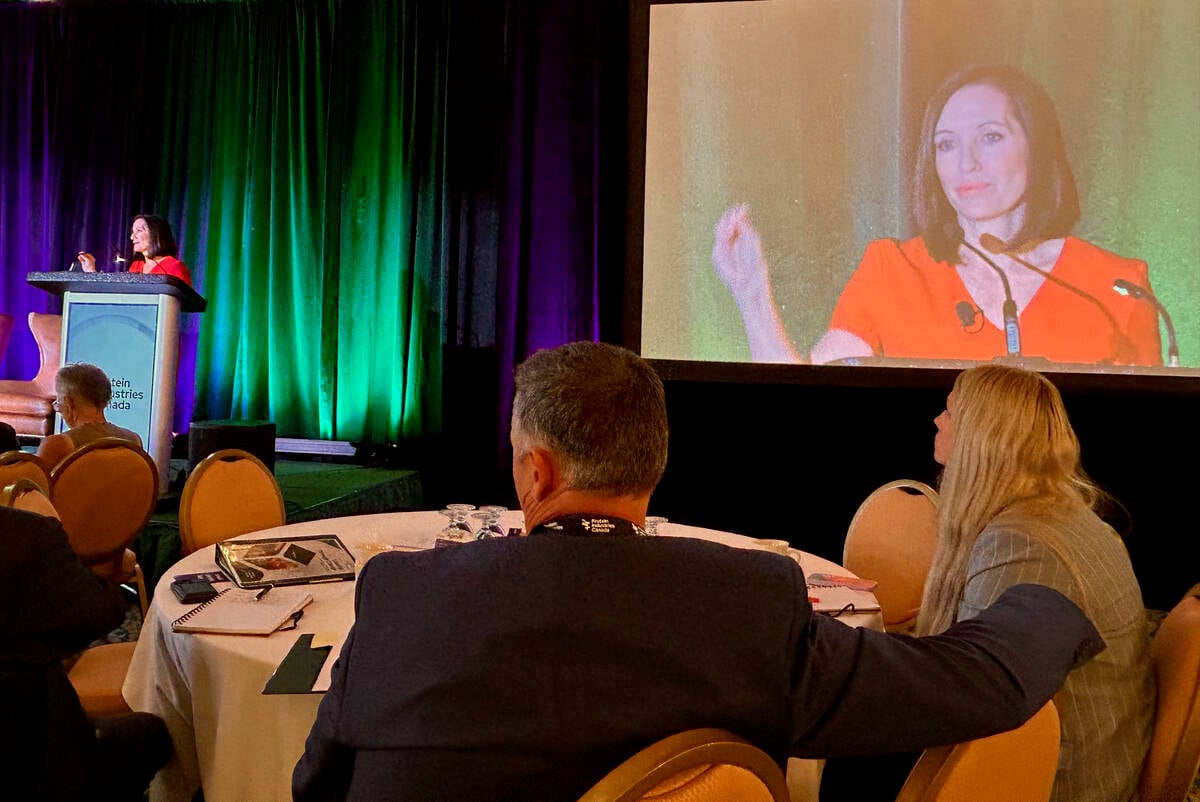Statistics show that certain parts of rural Manitoba are booming.
For example, the population of Steinbach increased 22 percent between 2006 and 2011, gaining nearly 2,500 people in only five years.
The Morden-Winkler region in southern Manitoba is also prospering as immigrants and newcomers move to the region to take jobs in manufacturing and other enterprises.
Those success stories aren’t typical as many towns in rural Manitoba lose people and struggle to sustain economic growth.
To address the inequity, the Manitoba government has created a steering committee to boost the overall economy of rural Manitoba.
Read Also

Canada told trade crisis solutions in its hands
Canadians and Canadian exporters need to accept that the old rules of trade are over, and open access to the U.S. market may also be over, says the chief financial correspondent for CTV News.
Agriculture minister Ron Kos-tyshyn introduced the Rural Economic Development Steering Committee in September to develop a “road map” to bolster Manitoba’s rural regions.
Kostyshyn said Manitoba’s rural economy is in decent shape, but the committee will look at ways to build upon rural strengths and opportunities.
The Association of Manitoba Municipalities encouraged the province to initiate the steering committee.
AMM executive director Joe Masi said the government has issued reports on rural economic development in the past, but this study will take a grassroots approach.
“They (the studies) were always government-driven … or from a government perspective,” said Masi, who will co-chair the committee.
“When we discussed it with the province, we said it really has to be driven from the communities and the various players.”
The committee, which comprises business leaders and rural experts, will consider issues such as infrastructure, technology, labour and housing. It will consult with interested parties and release a strategy and action plan.
Kostyshyn said one of the goals is to set up a “template,” or information hub, to help new entrepreneurs in rural Manitoba.
“It will provide them (businesspeople) with some kind of guidance and understanding … so they don’t have to go through a (long) journey of discovery. It will be all in front of them,” he said.
“Through (the) Jobs and Economy (department), there are all kinds of programs that are available, whether they are tax incentives or apprenticeship programs…. What we’re saying is the province is prepared to work with any new emerging businesses and maybe there are some new programs that we need to look at.”
Masi said smaller communities sometimes aren’t able to identify provincial programs that assist local economies.
“What community (leaders) are saying is, ‘we (need) a better co-ordinated approach that brings (government) departments into a one-stop shop approach.”
Recruiting new employees is one of the primary challenges for rural businessess. Manitoba’s meat packing and beekeeping industries constantly struggle to fill permanent or seasonal jobs.
“The farming families in the countryside are gone,” said Bruce Podolsky, a honey producer from Ethelbert, Man.
“It’s all big farmers, so there are very few young people around.”
Masi agreed that immigration and encouraging people to live in rural areas are key to economic growth.
“You can have great strategies and different programs, but you need people.”
The committee hopes to release a draft report by the end of the year.

















